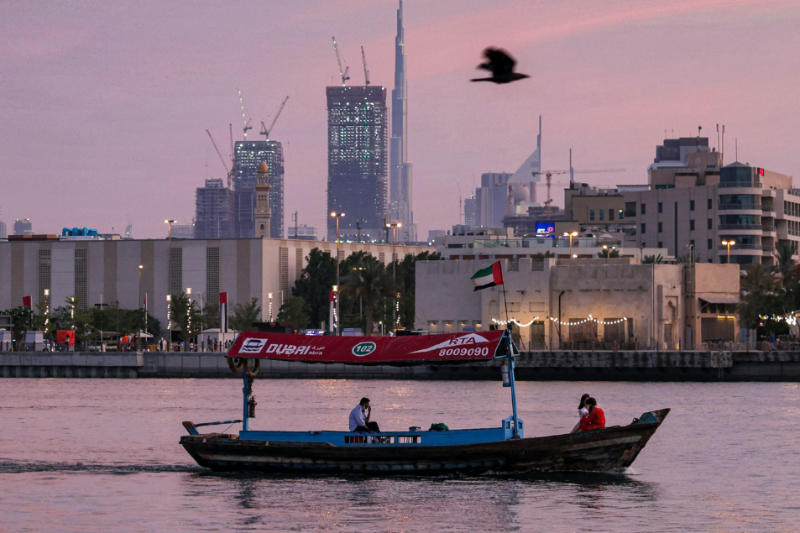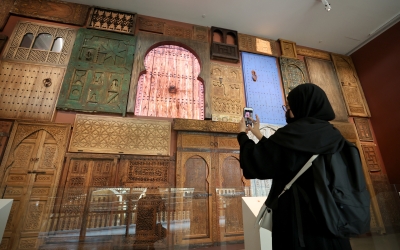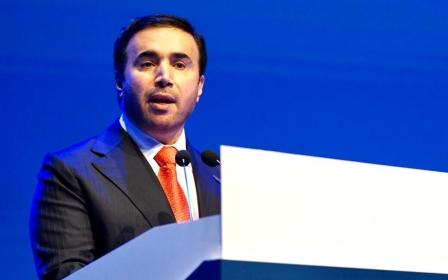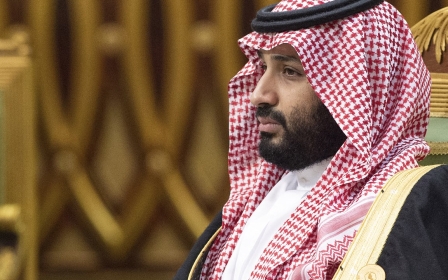UAE moves to 4.5-day week, Saturday-Sunday weekend to boost economy

The United Arab Emirates will transition to a four and half-day working week and move its weekend to Saturday and Sunday, in a bid to boost its economic competitiveness and work-life balance, officials said on Tuesday.
The "national working week" will be mandatory for government bodies starting 1 January 2022, with Friday working hours ending at 12 noon, ahead of Friday sermons and prayers.
A government statement said the transition would "ensure smooth financial, trade and economic transactions with countries that follow a Saturday-Sunday weekend, facilitating stronger international business links and opportunities for thousands of UAE-based and multinational companies."
The oil-producing Gulf state, the region's commercial, trade and tourism hub, has in the past year taken measures to make its economy more attractive to foreign investment and talent at a time of growing economic rivalry with neighbouring Saudi Arabia.
"The extended weekend comes as part of the UAE government's efforts to boost work-life balance and enhance social wellbeing, while increasing performance to advance the UAE's economic competitiveness," official news agency WAM reported.
The decision makes the UAE the first country to introduce a working week shorter than the global five-day week, the state agency said.
In the past year, the UAE criminalised so-called “honour killings'' and liberalised laws regarding cohabitation between unmarried couples, alcohol and personal status laws. It has also introduced longer-term visas as a way to attract and retain talent and encourage more businesses to set up shop.
It is unclear how this change would affect migrant workers who have long suffered from serious human rights violations in the emirates, including working for unpaid and delayed wages, and working under the exploitative kafala system - a visa sponsorship policy that gives employers power to control the workers’ presence in the country.
Middle East Eye propose une couverture et une analyse indépendantes et incomparables du Moyen-Orient, de l’Afrique du Nord et d’autres régions du monde. Pour en savoir plus sur la reprise de ce contenu et les frais qui s’appliquent, veuillez remplir ce formulaire [en anglais]. Pour en savoir plus sur MEE, cliquez ici [en anglais].





